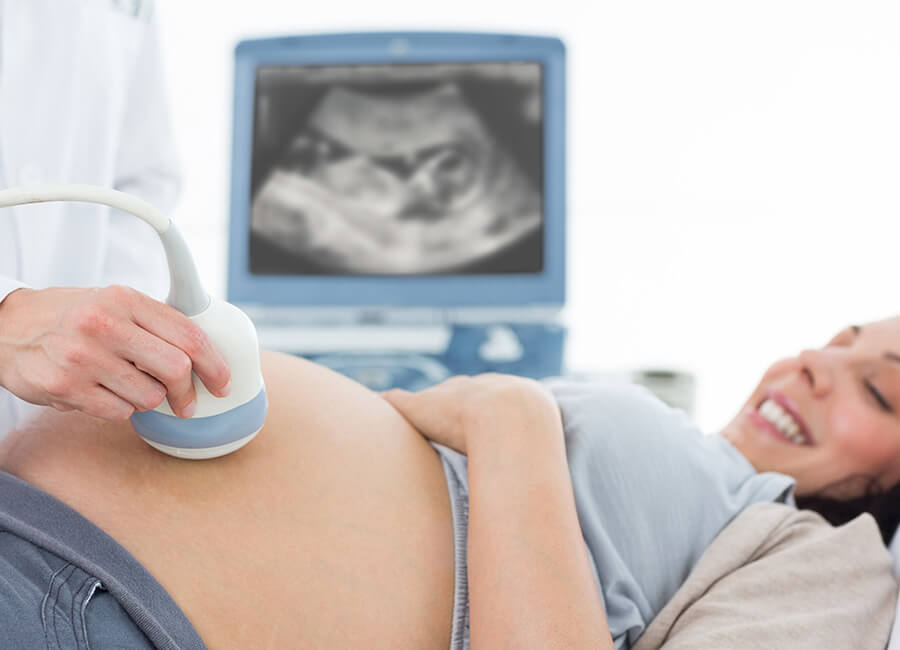
What Are the Different Types of Fertility Treatments?
You have fertility treatment options when looking for ways to increase your chances of getting pregnant.
There are several basic and advanced fertility treatments that are typically offered to boost your odds of having a baby. These typically are known as assisted reproductive technology (ART):
- Intrauterine Insemination (IUI)
- In Vitro Fertilization
- Intracytoplasmic Sperm Injection (ICSI)
- Preimplantation Genetic Testing (PGS and PGT)
In the IUI procedure, a sperm is taken from your male partner or a sperm donor and inserted into your uterus. This is performed in the exam room of a fertility clinic.

“I love seeing the transformation people undergo from being discouraged to seeing the ultrasound and hearing the heartbeat. This is a process that transforms lives.”
The In Vitro Fertilization (IVF) procedure begins with stimulating your ovaries and then harvesting the egg from your ovaries. The eggs are then placed with multiple healthy sperm in a petri dish allowing for the eggs to be fertilized naturally and the embryo (fertilized egg) to develop. Once there is successful development of the embryo, it will be transferred into the uterus similar to an IUI.
Intracytoplasmic Sperm Injection (ICSI) is typically recommended in addition to IVF when there may be a smaller probability of the egg being successful fertilized due to quality or quantity of the male’s sperm. In this procedure the sperm is not left to fertilize the egg by itself. A single viable (living) sperm will be taken and injected inside the mature egg with the goal of fertilization and embryo development. Often ICSI is used when the male partner has a low sperm count or if the quality of the sperm may be compromised. Afterwards, the fertilized egg will be inserted into the uterus with the goal of implantation and a successful pregnancy.
Preimplantation Genetic Testing (PGT) may be recommended if you are over 35, have a family history of birth defects or genetic disorders, or simply interested in family balancing. This procedure is performed in addition to IVF with ICSI prior to implantation of the embryo (fertilized egg) in the uterus. It allows for chromosomal and genetic testing of multiple embryos (fertilized egg) for best selection and to determine defects. The embryos may be frozen while the testing is underway depending on the type and extent of testing.
As with all fertility treatments, there are risks and benefits of PGT based on both you and your partner (or donor’s) set of medical or fertility conditions.
